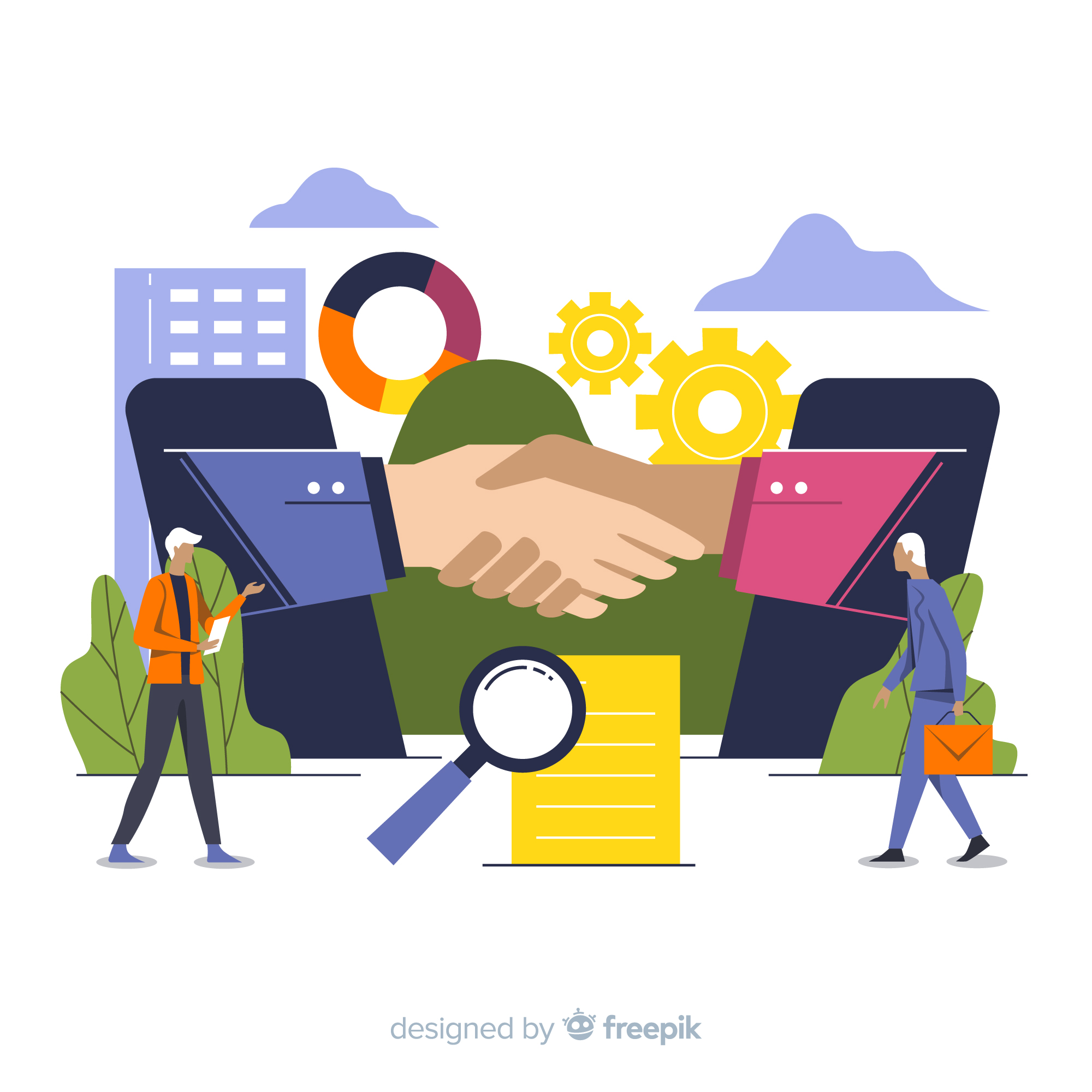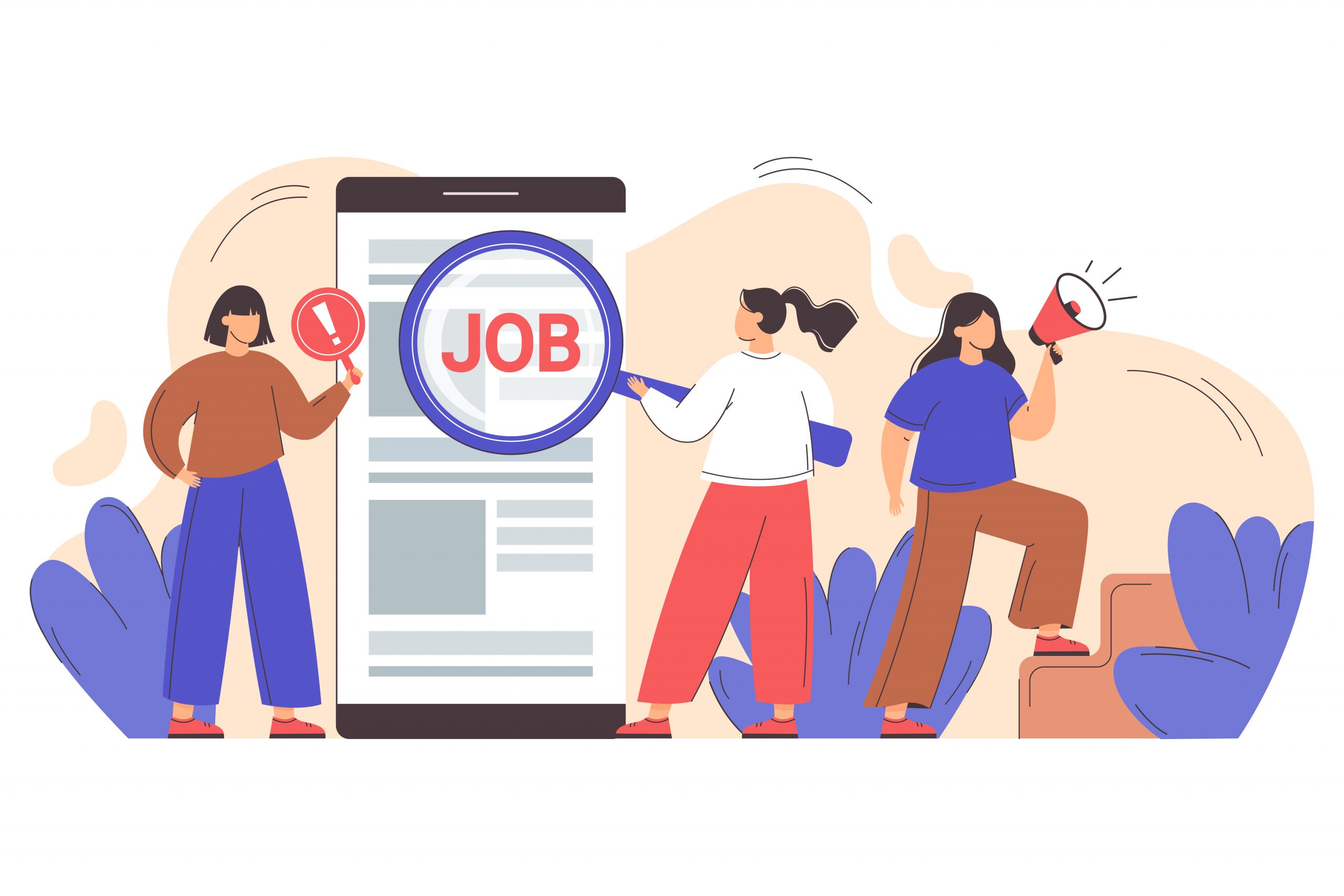Job interviews are one of the most crucial steps in the hiring process. They’re not just about answering questions—they’re about showcasing your skills, personality, and alignment with a company’s culture. As we move into 2025, interviews are becoming increasingly dynamic, with technology like virtual interviews and AI-based assessments playing a bigger role.
In this guide, I’ll walk you through strategies to ace your next job interview, common pitfalls to avoid, and how to adapt to the changing interview landscape.
Understanding the 2025 Interview Landscape
The interview process has evolved significantly. Here’s what to expect:
- Virtual Interviews: With remote work becoming the norm, companies are conducting initial and even final interviews over platforms like Zoom, Teams, and Google Meet.
- AI-Based Screening: Some companies use AI tools to assess candidates’ communication styles, emotional intelligence, and even cultural fit during video interviews.
- Skills Assessments: Employers increasingly incorporate practical tests or assignments to evaluate your skills in real-world scenarios.
- Hybrid Panels: Some interviews may combine in-person and virtual elements, especially for remote roles.
Knowing what to expect can help you prepare and adapt.
Pre-Interview Preparation
Preparation is the foundation of a successful interview. Here’s how to set yourself up for success:
1. Research the Company
- Study the company’s mission, values, products, and recent news.
- Understand their culture and how your skills align with their goals.
Pro Tip: Mention specific details about the company during the interview to show you’ve done your homework.
2. Understand the Role
- Analyze the job description to identify key skills and responsibilities.
- Prepare examples from your past experience that demonstrate how you meet these requirements.
3. Practice Common Questions
While each interview is unique, some questions are universal. Practice your responses to:
- “Tell me about yourself.”
- “What are your strengths and weaknesses?”
- “Why do you want to work here?”
Use the STAR Method (Situation, Task, Action, Result) to structure your answers.
4. Prepare Questions for the Interviewer
Good questions show your interest in the role and company. Consider asking:
- “What does success look like in this role?”
- “Can you describe the team dynamic?”
- “What are the company’s goals for the next year?”
The Day of the Interview: Dos and Don’ts
Dos:
- Arrive Early: Whether virtual or in-person, being on time shows reliability.
- Dress Professionally: Dress appropriately for the company’s culture but err on the side of formality.
- Stay Calm: Nervousness is normal. Take deep breaths and focus on each question as it comes.
Don’ts:
- Overshare: Stay professional and concise in your responses.
- Badmouth Previous Employers: Always speak positively or neutrally about past experiences.
- Interrupt: Let the interviewer finish their question before responding.
Navigating Virtual Interviews
Virtual interviews come with their own set of challenges. Here’s how to handle them:
- Test Your Technology
- Ensure your internet connection, webcam, and microphone are working properly.
- Use a neutral, clutter-free background.
- Maintain Eye Contact
- Look at the camera, not the screen, to simulate eye contact with the interviewer.
- Minimize Distractions
- Find a quiet space, turn off notifications, and inform household members of your interview.
Pro Tip: Have a copy of your resume and job description on hand for reference during the interview.
Highlighting Your Skills Effectively
Use the STAR Method
For behavioral questions, use the STAR Method to structure your responses. Here’s an example:
Question: “Tell me about a time you solved a challenging problem at work.”
Answer:
- Situation: “In my previous role, our team faced a major delay in a product launch due to unexpected supply chain issues.”
- Task: “My responsibility was to find an alternative supplier without compromising quality or budget.”
- Action: “I researched and contacted several suppliers, negotiated terms, and secured a reliable vendor within two weeks.”
- Result: “This ensured the product launch proceeded on schedule, resulting in a 15% increase in quarterly revenue.”
Emphasize Transferable Skills
Even if you’re switching industries or roles, focus on skills that apply universally, like teamwork, problem-solving, and adaptability.
Showcase Cultural Fit
Employers look for candidates who align with their company values. Share examples that highlight your collaboration, work ethic, and adaptability to different environments.
Post-Interview: Follow-Up Matters
Your interaction with the company doesn’t end when the interview is over. Follow these steps to leave a lasting impression:
- Send a Thank-You Email
- Express gratitude for the opportunity and mention a specific part of the interview that resonated with you.
- Reiterate Your Interest
- Use the thank-you email to emphasize your enthusiasm for the role and how your skills align with their needs.
- Be Patient
- Hiring decisions can take time. Avoid sending multiple follow-ups unless it’s been more than two weeks without a response.
Common Mistakes to Avoid
- Not Asking Questions
- Failing to ask thoughtful questions can make you seem disinterested.
- Overloading Answers
- Keep your responses concise and relevant to the question.
- Neglecting Non-Verbal Communication
- Body language matters. Maintain good posture, nod to show engagement, and smile where appropriate.
How VioResume Can Help You Prepare
Your resume plays a critical role in getting you to the interview stage. A strong resume not only opens doors but also provides talking points during the interview.
How VioResume Can Help:
- Customizable Templates: Tailored for industries like tech, healthcare, and finance.
- ATS Optimization: Ensures your resume passes screening systems.
- Video Resume Option: Create a video introduction to showcase your communication skills before the interview.
Explore VioResume’s templates and craft a professional resume that sets you apart.
Final Thoughts
Interviews can be nerve-wracking, but with the right preparation and mindset, you can turn them into an opportunity to shine. Research the company, practice your answers, and use tools like VioResume to present yourself as the ideal candidate.
Remember, every interview is a learning experience. Even if you don’t get the job, reflect on what you’ve learned and apply it to the next opportunity. Your dream role is closer than you think.
Let me know when you’re ready for the next blog post!




